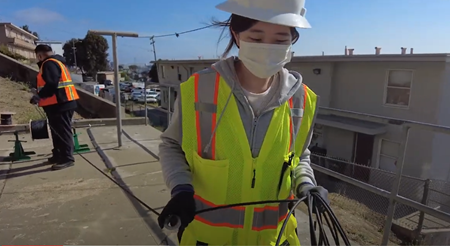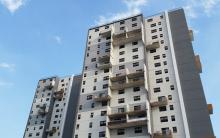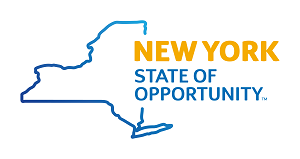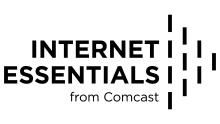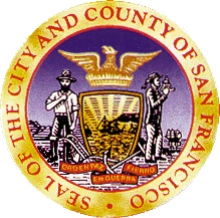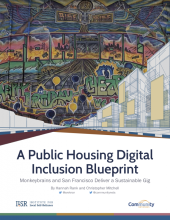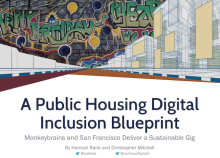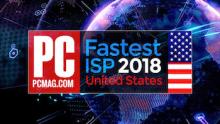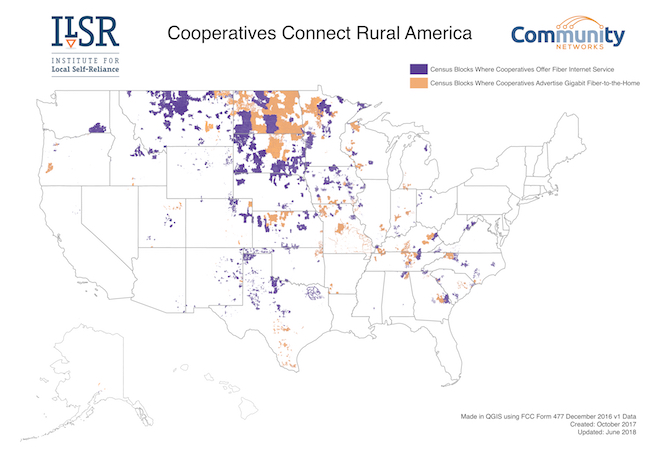California Awards $86 million in Federal Funding Account Grants, Community Broadband Projects Big Winners
Imperial, Lassen, and Plumas Counties are among the first recipients of California’s $2 billion Last Mile Federal Funding Account Grant Program (FFA). The cities of Oakland, Fremont, and San Francisco have also been awarded significant state awards.
The FAA grants are part of California’s ambitious Broadband For All initiative, a $6 billion effort aimed at dramatically boosting broadband competition and access across the Golden State.
All told, the California Public Utilities Commission (CPUC) awarded 11 FFA grants totaling over $86.6 million. Prominent awardees from this first round include publicly-owned broadband projects: the Golden State Connect Authority (GSCA) – a joint-powers broadband authority comprising 40 rural California counties – and Plumas Sierra Telecommunications for projects across Imperial, Lassen, and Plumas Counties.
“These projects will build community-based, future-proof, and equity-focused broadband infrastructure across California,” said CPUC President Alice Reynolds. “The Federal Funding Account – and these projects – are a shining example of our state’s Broadband For All values and objectives.”




